Involved institutes
Department of Agricultural Sciences (AGRI)

The Institute of Agricultural Engineering is part of the Department of Agricultural Sciences at the BOKU Universit. Our goal is to develop innovations that promote ecological, economic and social sustainability by integrating modern technologies into agricultural engineering processes. An interdisciplinary team implements this scientific expertise in close cooperation with industry, consultants and agricultural practitioners.
In the field of agricultural engineering, we deal with agricultural equipment and machinery along the entire innovation chain – from analysis and optimisation to systematic evaluation. In doing so, we not only consider process-related aspects such as efficiency, process quality and technical development, but also place a special focus on sustainability criteria.
Our research focuses on:
- Analysis and optimisation of processes, machines and systems in agricultural production technology
- Development and evaluation of technical solutions in the fields of biogas technology, biorefineries and organic waste management
- Agricultural environmental technology processes with regard to resource efficiency and emission reduction
- Quantitative sustainability assessment of machines, buildings, processes, products and production systems using methods such as life cycle assessment (LCA), multi-criteria analysis (MCA) and multi-criteria decision analysis (MCDA)
- Energy-related topics such as agri-photovoltaics (AgriPV), biogas, raw material supply for bioenergy and biorefinery systems, analysis and assessment of biomass potential, sustainability assessment of energy chains, and measures for emission reduction and resource efficiency.
For further information, please visit our institute's website or contact us directly.

For more information visit the institute's website or contact:
Department of Landscape, Water and Infrastructure (LAWI)
H85000 Department Management LAWI
For more information visit the institute's website or contact:
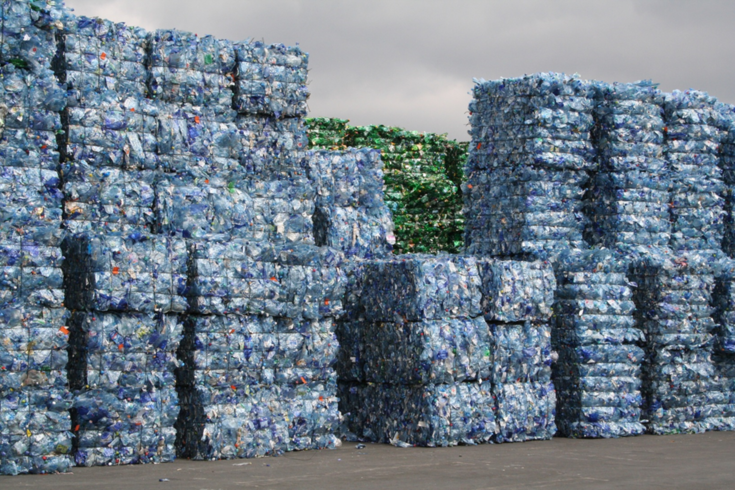
Sustainable solutions in waste management require an interdisciplinary, systemic approach that considers the entire lifecycle of our products. The global interdependence of economies and material flows requires analyzing waste streams in a comprehensive context and finding cross-border solutions—this is only achievable through a global approach. By "global," we do not solely refer to the geographical aspect but rather a holistic scientific approach to current waste management challenges. This approach integrates technical, natural science, ecological, and socio-economic perspectives, in line with the three-pillar principle of BOKU.
The ABFK develops innovative concepts, methods, and processes across the entire waste management hierarchy as defined by the EU. This includes planning and evaluating waste prevention measures, low-emission and energy-efficient recycling and treatment of waste, as well as post-closure care and monitoring of landfills and legacy waste sites. Waste management tasks are closely linked to energy issues, ranging from optimizing energy use (e.g., during collection) to energy recovery (e.g., thermal waste treatment, biogas/landfill gas utilization) and energy savings (e.g., waste prevention, targeted material recycling).
To optimize sustainable, resource- and energy-efficient waste management, various sustainability assessment methods (e.g., Life Cycle Assessment) are applied and further developed. Within the framework of the bio-economy, a particular research focus is placed on the sustainable management of biogenic waste.
For more information, please visit the institute's website.

For more information visit the institute's website or contact:
For further information, please visit our institute's website or contact us directly.

The INLA conducts research and teaching on the development, design and sustainable production of urban and rural open spaces in cultural, social and economic context. Resource-saving decision-making and design processes are examined through critical reflection on technical and social innovations.
The post-fossil city of short distances is the model and premise for complex discussions about open spaces in urban landscapes. Infrastructures for the energy and mobility transition and their specific spatial effects and qualities as elements of cities and rural regions are the subject of research by design(ing) processes on a variety of scales. In systematic analyses, design and social synergies and conflicts of new inscriptions in the urban context are critically researched and examined.
For more information visit the institute's website or contact:
Projects and Publications:
TransWind
Syn[En]ergy
BhENEFIT
For more information visit the institute's website or contact:

For more information visit the institute's website https://www.rali.boku.ac.at/en/ilap/ or contact:

The IRUB is engaged in the spatial dimensions of energy demand and supply in the context of Energy-related Spatial Planning. Within this specific field of research energy efficient spatial and settlement structures can be developed and the transition to renewable energies accelerated. It tackles resource security, identifying, securing and developing sites for energy production systems, power distribution installations and energy storage systems as well as optimising infrastructure systems. For more information visit the institute's website www.rali.boku.ac.at/irub or contact:
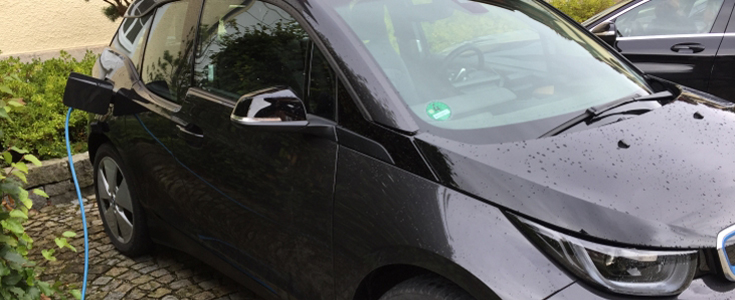
Moving people and goods requires energy. About one third of domestic energy consumption in Austria is due to transport, still heavily relying on fossil fuels. Thus, transport is the sector with the second-highest greenhouse gas emissions and the worst development in this regard since 1990. Approaches to limiting energy consumption include avoiding transport and shifting to less energy-intensive modes of transport or alternative means of mobility. The Institute for Transport Studies has extensive expertise in all these areas. A particular focus of our research is on possible applications, user acceptance and willingness to pay with regard to alternative fuels (especially electric mobility), active mobility and automated driving. This also includes implementation barriers, infrastructure requirements and possible rebound effects.
For more information visit the institute's website or contact:

AGEO focuses on the practical application of geoscientific research findings to societal issues relating to natural resources, energy, and the formation, transformation, use and potential hazards to our living environment. The global race for geogenic resources – especially energy resources – harbours immense potential for conflict and poses major challenges for research and politics. Geothermal energy represents an environmentally friendly, sustainable, and locally available source of energy, and AGEO conducts research into the utilisation of both shallow and deep geothermal systems. This is being done in close connection with research into the geodynamic evolution of sedimentary basins and the petrographic characteristics and hydrogeological processes within and beneath the pore and fracture aquifers of the sedimentary basins.
Projects and Publications:
New aspects in geothermal energy generation
For more information visit the institute's website or contact:
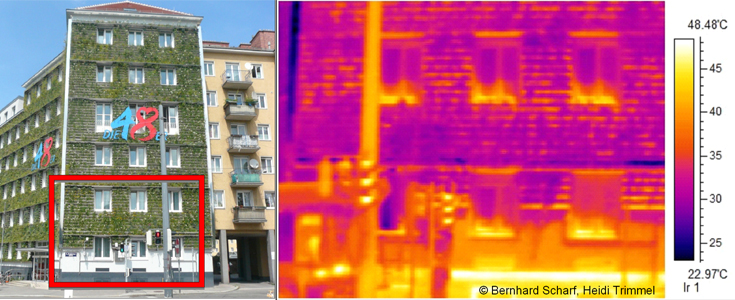
For more information visit the institute's website or contact:
Department of Landscape, Spatial and Infrastructure Sciences (NWNR)
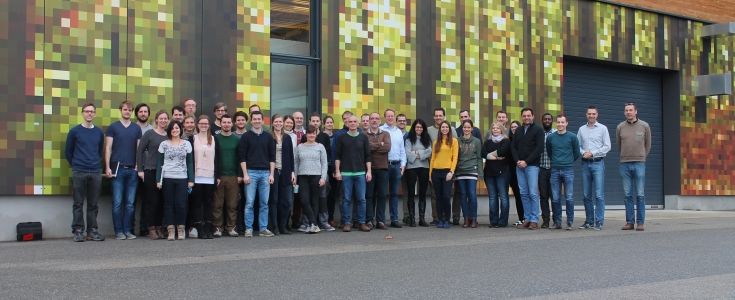
For more information visit the institute's website.

For more information visit the institute's website or contact:
[Translate to English:] zurück zum Seitenanfang ››
Department of Ecosystem Management, Climate and Biodiversity (OEKB)
For more information visit the institute's website or contact:
Department of Economics and Social Sciences (WISO)
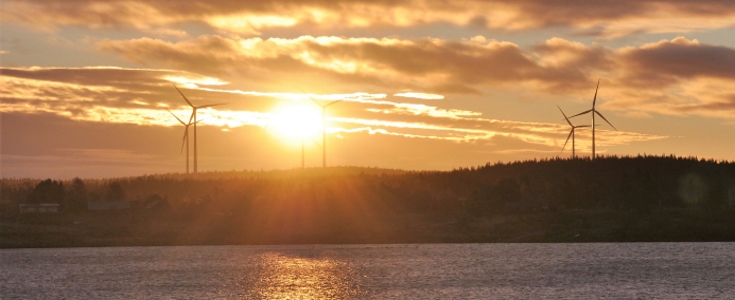
Projects and Publications:
reFUEL - Going global? Renewable fuel trade and social land-use restrictions in a low-carbon energy system
RE_Extreme - Integrating renewable electricity systems with the biomass conversion sector: a focus on extreme meteorological events
Clim2Power - Translating climate data into power plants operational guidance
TransWind - The transition of the Austrian energy system to a high penetration of wind energy - A participatory integrated assessment of the social acceptance
Individual and collective socio-psychological patterns of photovoltaic investment under diverging policy regimes of Austria and Italy
Austria’s wind energy potential – A participatory modeling approach to assess socio-political and market acceptance
The role of wind power and solar PV in reducing risks in the Brazilian hydro-thermal power system
An optimal mix of solar PV, wind and hydro power for a low-carbon electricity supply in Brazil
Where the wind blows: Assessing the effect of fixed and premium based feed-in tariffs on the spatial diversification of wind turbines
RE_Tour - Social acceptance of future photovoltaic and wind power scenarios in Austrian tourism regions (2018)
For more information visit the institute's website or contact:

The institute addresses energy policy issues from a social science perspective. Its work focuses on the analysis of processes, instruments, institutions and discourses. The institute’s researchers combine policy analysis with new governance approaches and apply inter- and transdisciplinary research approaches. Another key research area is the socio-ecological transformation of the energy system, with a particular focus on questions of social acceptance of renewable energy sources.
The institute draws on an extensive repertoire of methods, including surveys, expert interviews, focus group discussions, multi-criteria analysis, QCA (Qualitative Comparative Analysis), discourse analysis, as well as methods of participation and conflict management.
For further information, please visit the institute's website or contact:
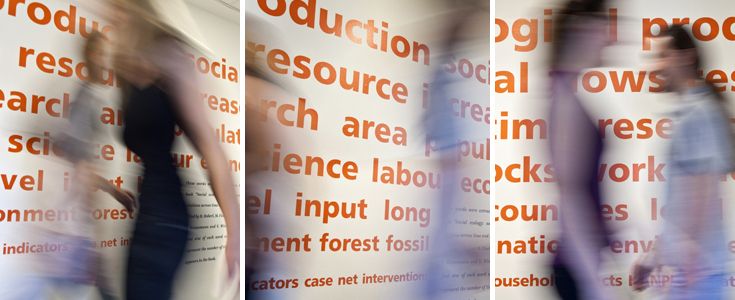
The main research focus of the Institute of Social Ecology (ISEC) is on current and historical interactions between social and natural systems. ISEC follows two main strategies to empirically investigate society-nature interaction: (1) social metabolism, i.e. material and energy flows between natural and social systems and (2) colonisation of natural processes, i.e. purposive alteration of natural systems, as in the case of land use. Energy plays a key role in all of ISEC's research areas because almost all forms of society-nature interaction are significantly influenced by society's demands for energy services.
The quantitative assessment and analysis of energy and material flows is subject of the thematic area “Social Metabolism.” Energy and material flows are linked to numerous sustainability problems, with the energy system playing a central role on both the input side (raw material extraction) and the output side (waste, emissions). In the subject area of “Land Use and Colonization,” ISEC investigates the systematic transformation of natural systems and - among others - their impact on energy flows in ecoystems. Global ambitions to “decarbonize” the economic system and establish a bioeconomy make this topic particularly relevant at present.
The thematic area “Social-ecological transformations” focuses on the social, political, and cultural dimensions of transformation processes such as a sustainable energy transition. The thematic area “Environmental history and long-term social-ecological research” is dedicated to historical and long-term developments and change processes (e.g., sustainability problems of industrialization processes), which are as well closely related to changes in societies' energy systems. Computer models are often used to study the interaction between society and nature, and energy-related issues are included in many of these models. Research in the overarching thematic area of “Integrated Socio-Ecological Modeling” is not limited to mapping biophysical relationships, but is characterized by a variety of methods in often transdisciplinary contexts.
For more information visit the institute's website or contact:
Center for Global Change and Sustainability

Projects and Publications:
7 Jahre Zentrum für Globalen Wandel & Nachhaltigkeit: Ein Bericht über die ersten sieben Jahre unseres Wirkens
Low Emission Electric Freight Fleets
Kooperationsprojekt - CNL und MAN Truck & Bus AG bringen Anfang 2018 neun elektrische 26t LKWs auf die Straße
For more information visit the centre's website or contact:
For further information, please visit our centre's website or contact us directly.
